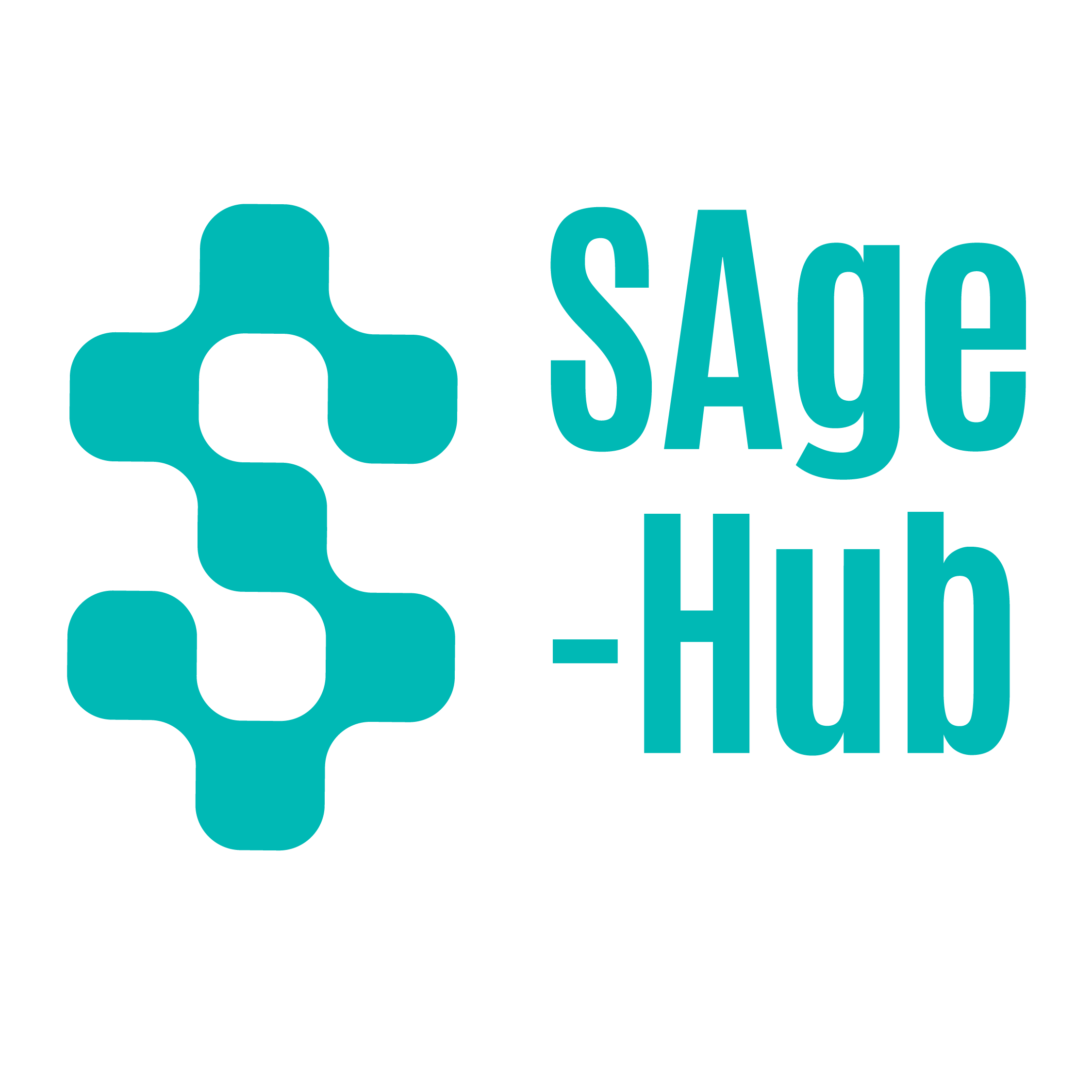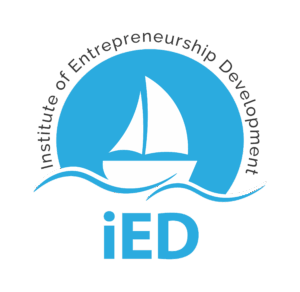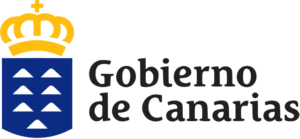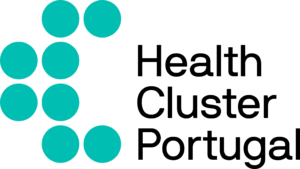
Keep up to date with our innovative initiatives.
Sign up here

Started at: 15-09-2025
Ends on: 14-09-2027
Budget: €1 748 825.12
Areas: Digital Societal Technologies (DST)
The SAge-hub project aims to address the societal challenge of an ageing population by developing and scaling innovative Smart Ageing solutions across Europe (Romania, Greece, Portugal, Canary Islands, Finland, Catalonia), focusing on creating a robust ecosystem that integrates SMEs, public authorities, research institutions, and regional innovation hubs. The project leverages the power of Digital Living Labs and the expertise of European Digital Innovation Hubs (EDIH) to build a robust, collaborative ecosystem. Over 24 months, SAge-hub will:
i2CAT plays a pivotal role in the whole project and leads Work Package 2 – Living Labs for Co-Creation and Value Chain Development. The heart of this WP lies in establishing Digital Living Labs across the partner regions. These labs are dynamic, real-world environments where innovative Smart Ageing solutions—be it remote health monitoring, AI-driven care tools, or immersive VR-based training—are co-created, tested, and rigorously validated with the direct input of elderly citizens and caregivers. This ensures every solution is user-centered and perfectly aligned with the unique needs and Smart Specialization Strategies (S3) of each local region.
The Catalan research centre will also contribute to WP1 – Project Management, Monitoring, and Interregional Cooperation, aimed at ensuring the project’s effective execution, coordination, and monitoring of progress across the consortium. This WP will also facilitate interregional cooperation and continuous evaluation of value chain participation and ecosystem building.
Finally, i2CAT will also be significantly involved in WP4 – Policy Development, Governance, and Industry Engagement. Within this WP, researchers will develop, test, and refine policy measures that support regional innovation in Smart Ageing, aligning with Smart Specialization Strategies (S3) and focusing on the digital and green transitions. They will also establish frameworks for sustained industry cooperation, leveraging the Regional Innovation Ambassador Network to promote interregional collaboration, knowledge sharing, and governance improvements, and design policy instruments and mechanisms to engage SMEs in Smart Ageing innovation and internationalization, facilitating access to resources and partnerships.
The SAge-hub project aims for widespread positive change across social, territorial, and environmental domains in participating European regions.
“Funded by the European Union. Views and opinions expressed are, however, those of the author(s) only and do not necessarily reflect those of the European Union. Neither the European Union nor the granting authority can be held responsible for them.”











The SAge-Hub project has received funding from the European Commission programme Horizon Europe, under grant agreement number: 101225454